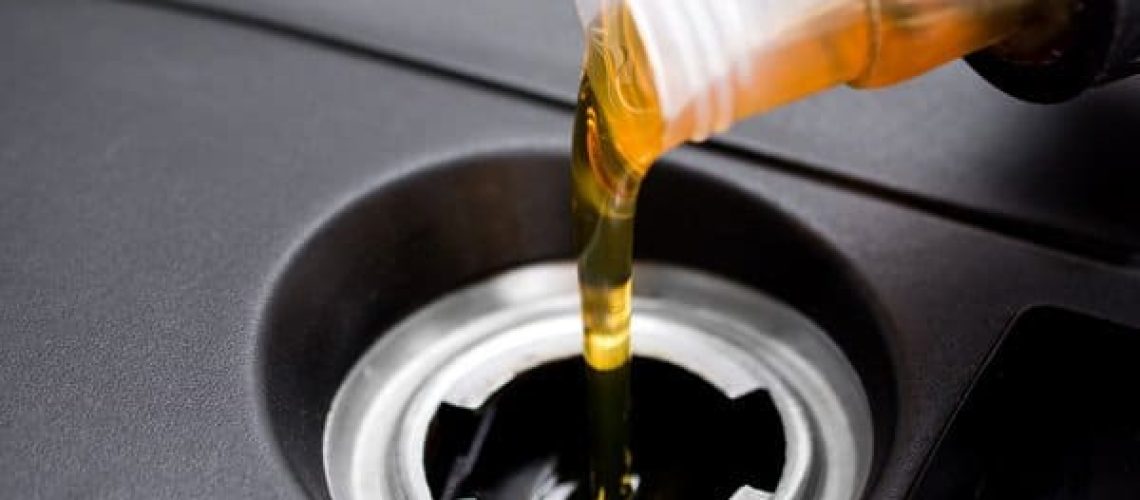The importance of clean oil for your vehicle’s engine shouldn’t be underestimated. If you need to get your car’s oil changed and you’re putting it off, consider the following information.
What oil does for your engine.

Your engine is made up of a variety of parts, many of which have to move at high speeds to power your engine and move your vehicle. All of that speed causes friction, which in turn causes heat, which in turn causes damage.
So how does your engine run without overheating? Oil. It lubricates the components of your engine and allows them to function smoothly, as well as keeping the engine cool. Clean oil keeps your vehicle running at optimum capacity. Regular oil changes are an important part of saving on fuel economy.
Why oil gets dirty.
Over time, your engine’s oil will become saturated with dirt, grime, and harsh particulates through a combination of internal functions in the engine, natural wear-and-tear, and dirt from the elements.
What dirty oil does to your engine.

If your engine is operating on dirty oil, it will cause damage to the various components that make up your engine. The sludge, dirt, grime, and harsh particulates will begin to wear down these components. They will warp and fade, and their efficiency will diminish until damage occurs. Dirty oil also acts as a heat insulator, which is the opposite of what you want.
If left unchanged, old oil will lead to the total overheating of your engine, which essentially means its death. Your engine will either have to be replaced entirely, or you will simply have to scrap your vehicle and purchase a new one. In fact, many people find the latter option to be far more affordable.
When to change your oil.
With older vehicles, it can be more difficult to know when to change your oil. Many people simply rely on checking their oil and determining the time based on the color – a light transparent color means it’s good, a dark grimy color means it’s bad.
However, it’s best to go by the most commonly recognized rule of thumb by the experts: you should change your oil every 3,000 to 5,000 miles. This goes for most vehicles. It’s also a good idea to check your owner’s manual. It should tell you how many miles you can go before changing your oil.
There are also some factors that can require more frequent oil changes such as:
- Your vehicle’s year, make, and model. Some vehicles require more frequent oil changes.
- The environment in which you drive. If you live in a hotter climate, you will probably have to change your oil more frequently.
- What you do with your vehicle. If you often use your vehicle to haul heavy equipment or tow other vehicles, you will probably need to change your oil more often.
It’s important to keep all of these factors in mind when deciding when to change your oil, as well as considering what is said in your vehicle’s owner’s manual.
Don’t put off getting an oil change until it’s too late. It will be far better for you functionally and monetarily if you change your oil on time.






